As the academic year gets underway, and I begin what I hope is my final year in the dissertation process, I’m experimenting with productivity techniques – you know, so I can actually finish. For the fall, I am taking a vacation day each week to focus on my dissertation. Carving out this chunk of uninterrupted time was a significant first step for me. It required that I set boundaries and realistic expectations for myself and with my team, family, etc. (more on each of these topics in upcoming blogs).
Given all of the research on the effects of multi-tasking, I approached last week’s writing day with the Pomodoro Technique firmly in hand. However, given that I was spending the day writing and researching, rather than the 25 minute blocks of time suggested, I opted for 90 minutes. I blocked the better part of 6 hours into 90 minute segments with 15 minute breaks.
8-9:30 Work on Intro chapter
9:30-9:45 break
9:45 – 11:15 Work on Methods chapter
11:15 – 11:30 break
11:30 – 1 pm Work on Methods chapter
1 – 1:15 pm lunch
1:15 – 2:45 pm Assemble Lit Review reading list
The first 90-minute segment started off laughably. I sat down, with the best of intentions, to focus on the Introduction chapter of my dissertation. I don’t think it had been three minutes before I was doing a ‘quick scan of email.’ And, of course I had to read and respond to the text message that buzzed on my phone. I literally had to shut down all of the apps, other than Microsoft Word, on my computer, and place my phone in another room. It took me a good 20 minutes to settle into the chapter. Once I did, however, I found that I was able to move through it quickly.
I had ‘planned’ my breaks as a way to make progress on a bunch of smaller tasks that I’d been letting pile up. In other words, while it was a break from the cerebral work of academic research and writing, it was not really a break!
By the end of the day, while I’d made significant progress on all of the topics I’d planned to address, I was mentally exhausted. I was so exhausted, in fact, that it wasn’t until the middle of the next day that I began to feel like myself again – not the best testament for productivity when you are ultra-productive one day but pay for it the next…
What did I learn from this experiment?
- I’ve created a habit of distraction. My mind has gotten used to not being able to focus for any extended period on a single topic. And so, when no distractions present themselves, I will create them.
- Conversely, when I get into the groove of productivity, I am able to get quality work done.
- I tend to set unrealistic expectations for myself. This was evidenced both in my approach to the method and in the work product I intended to accomplish.
What will I do differently this week?
- I will ratchet it back and follow the method as it was designed.
- Scheduling 25 minute blocks of work.
- Taking breaks as breaks.
- I will plan the blocks of time in advance and work with an accountability partner to determine if they are reasonable.
I believe that much of what I do, whether it is setting the strategic direction for the center, or engaging with the team, alumni of the Emerging Leaders Program, or clients, will benefit tremendously from my ability to be fully present. Therefore, I am dedicated to building new habits of mind that allow me to be more focused on the task – or person – in front of me. I’ll keep you posted on how it’s going!

